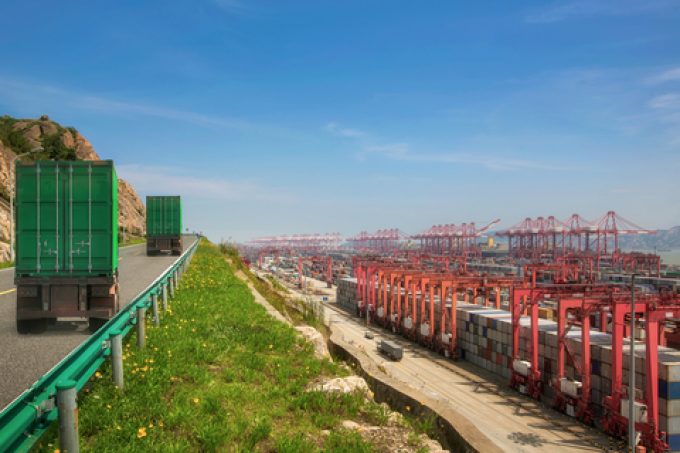Pushed by Trump, pulled by China: Brazil's bold new rail freight gamble
A plan to link both coasts of South America with high-capacity cargo rail lines has ...

Trucking firms in China are still experiencing a severe shortage of drivers returning to work.
Despite the official end to the extended lunar new year holiday this week, transport restrictions and other measures to combat coronavirus, have prevented truckers from operating anywhere near full capacity.
For example, ...


Comment on this article